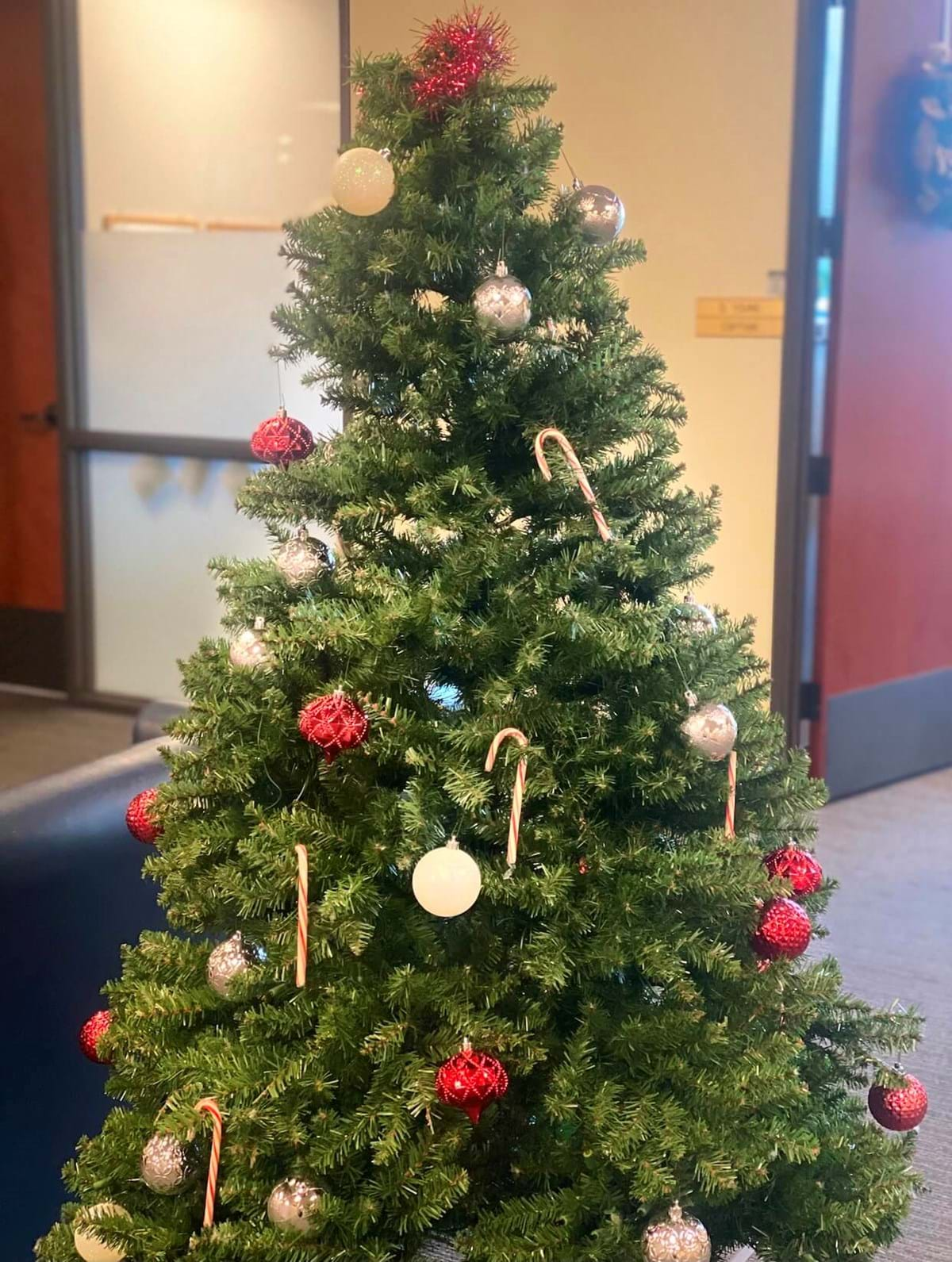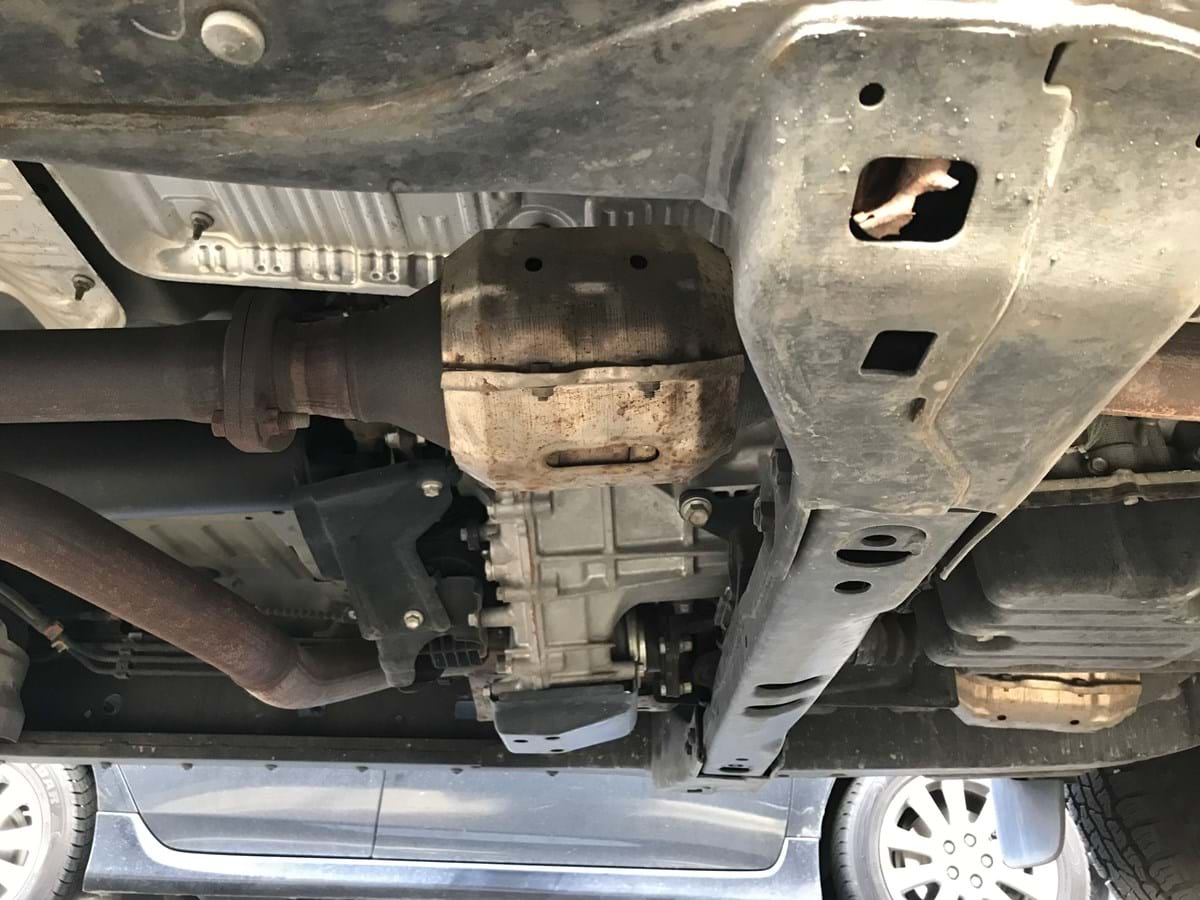This time of year, scammers and thieves are staying busy and finding any way they can to steal from you. Here are a few things you should look out for.
Crime Prevention: Scam and theft trends (12/22)
December 22, 2020

Online Christmas Scams:
This year, during the pandemic, your holidays might be moving online. You may be planning to send e-cards to family and friends, or letting your kids are write their letter to Santa virtually.
Before you share your personal and financial information:
- Check out the website. Do a quick online search for the site or company name, plus the words “complaint,” “review,” or “scam.” What do people say about them? (Knowing, of course, that those glowing reviews could be fakes…)
- Share only what you need to share. Does the site really need your home address, your age, or access to your contacts? None of these companies need your bank account or Social Security number. (Frankly, Santa probably already knows, so why would he ask?)
- Don’t click links in unexpected texts or emails. Nothing good comes of that. Instead, look the company up on your own, then type in the URL yourself so you know where you’re headed.
- Ignore calls for immediate action. Scammers try to get you to act before you have time to think. Take your time. Legit offers will still be there.
If you decide to move forward with your card or Santa letter, pay with a credit card to get the best protections. You should only pay if the site’s URL starts with “https.” That means your transaction will be encrypted — but remember, that alone doesn’t mean the site is legit.

Catalytic Converter Thefts:
Thieves can remove a catalytic converter quickly, often in less than two minutes, so theft can even occur in broad daylight. If you notice a new loud unusual rumbling when you turn on your engine, you are possibly a victim.
Since Oct 1, Boise Police have taken close to 20 reports of catalytic converters being stolen off parked vehicles. Other local agencies as seeing the same activity. Reports are being taken more often for Toyota models (especially Prius), Ford trucks and vans. The main reason that catalytic converters are stolen is because they're valuable to recycle.
- Park in secure, well-lit areas. These thefts can happen anywhere a car is exposed, from driveways and residential areas, apartment complex parking lots to business parking lots. So make sure to always park in well-lit areas and in busy areas with high foot traffic. If you can park in a garage at home, do so and keep your garage door closed.
- Install security devices. Security devices can be purchased to make it more difficult to remove your catalytic converter. Car security alarms can be useful if it can be calibrated to detect the vibration caused when removing the converter. You may also consider installing surveillance cameras around your garage and driveway.

COVID-19 Vaccine Scams:
Reports about the release of COVID-19 vaccines by the end of the year are promising but plans for distribution are still being worked out.
While we wait for a timeline and more information, there’s no doubt scammers will be scheming. Here’s what you need to know to avoid a vaccine-related scam:
- You likely will not need to pay anything out of pocket to get the vaccine during this public health emergency.
- You can’t pay to put your name on a list to get the vaccine.
- You can’t pay to get early access to the vaccine.
- No one from a vaccine distribution site or health care payer, like a private insurance company, will call you asking for your Social Security number or your credit card or bank account information to sign you up to get the vaccine.
- Beware of providers offering other products, treatments, or medicines to prevent the virus. Check with your health care provider before paying for or receiving any COVID-19-related treatment.
If you get a call, text, email — or even someone knocking on your door — claiming they can get you early access to the vaccine, STOP. That’s a scam. Don’t pay for a promise of vaccine access or share personal information.

Job Scams:
With many out of work and looking for jobs, the possibility of working from home is very appealing.
Unfortunately, on legitimate job sites, people can find and apply for jobs that end of being a scam and costing them thousands of dollars in losses.
- Receiving a check, depositing it, then sending money to others. Sometimes scammers will disguise this under the guise of receiving checks from the employer to purchase equipment needed to perform the job. If they want you to deposit a check and send money back, stop. That’s a sign of a fake check scam.
- “Jobs” where you receive packages and ship them to other addresses. Have you been asked to receive packages at your home or business and ship them to someone else? Don’t do it! In “reshipping scams” criminals purchase merchandise with stolen credit cards and need your help to smuggle the goods out of the country. Others may send you counterfeit money orders or checks and ask you to reship them to another address. You’re committing several felonies when you help these criminals. And even if you don’t get caught, it’s likely you’ll lose a lot of money.
Contact: Boise Police Media Relations